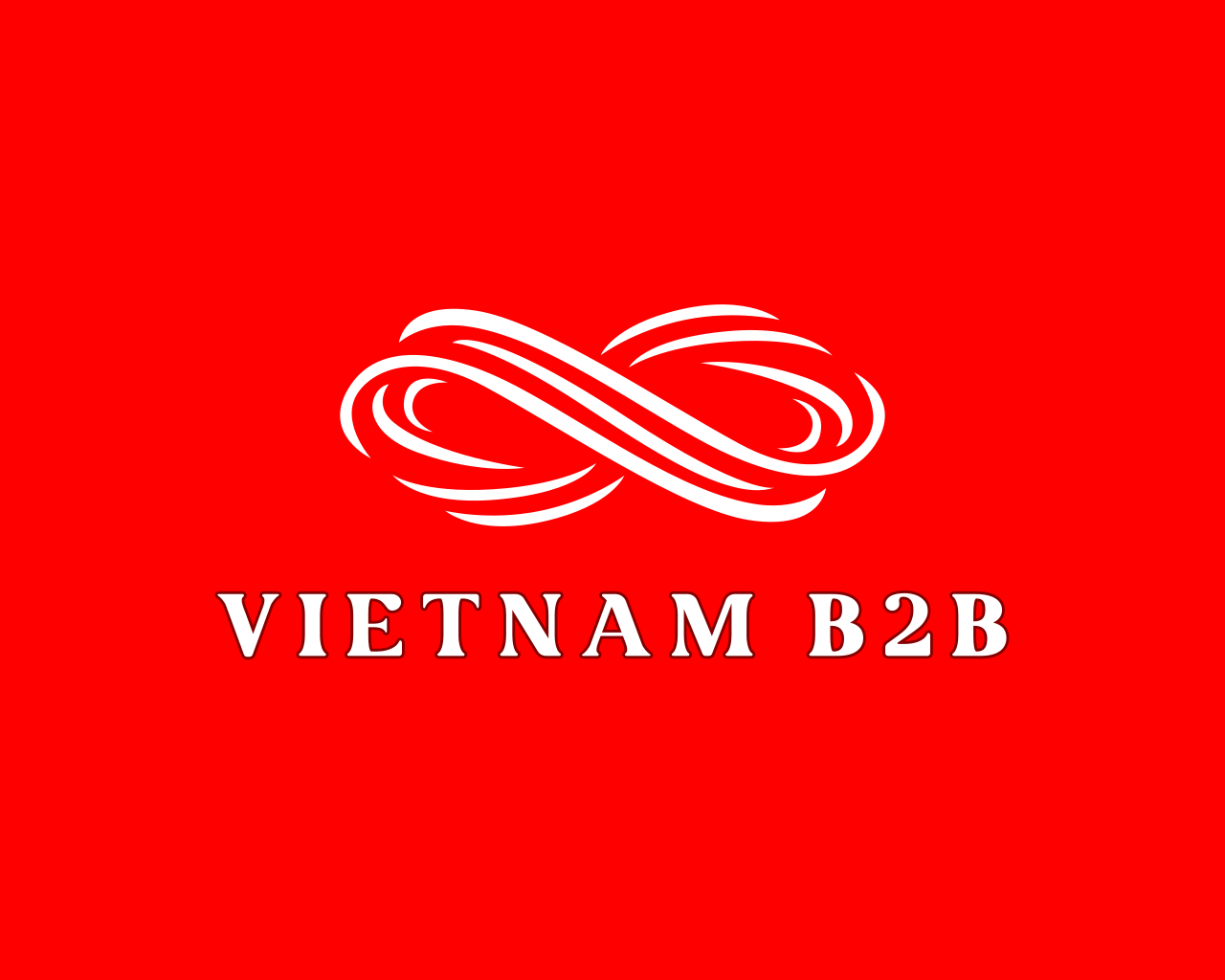European businesses express confidence in Vietnam’s recovery potential, with plans to bolster their investments in the country, according to a representative.
Despite economic challenges, European companies, such as Nestle Vietnam, remain steadfast in their investment commitments, as evidenced by a recent $100 million expansion announcement, stated Gabor Fluit, Chairman of the European Chamber of Commerce in Vietnam (EuroCham Vietnam).
Speaking at the launch of EuroCham’s 2024 White Book—an annual publication providing insights into European businesses’ activities in Vietnam—Fluit emphasized, “This reflects the trust European companies have in Vietnam.”
EuroCham’s latest Business Climate Index identifies Vietnam as a rising star in attracting global investment, with European companies expressing increased confidence in the final quarter of 2023.
However, Fluit anticipates challenges in 2024 due to slower trade and economic uncertainties, emphasizing the need for adaptive policies to address evolving situations.
EuroCham recommends Vietnam establish regulations determining the land use period for apartments, houses, offices, and hotels. Additionally, the country should implement policies to protect investors in case of insolvency or bankruptcy of real estate development companies.
Transparency in foreign ownership of houses, including a list of projects off-limits to foreign investors and clear title deeds for remaining projects, is crucial.
European companies seek streamlined approval processes for construction equipment to reduce project delays, especially after facing difficulties obtaining approvals for fire safety equipment last year.
Clearer regulations on mergers and acquisitions, as well as antitrust measures, are requested to enable European companies to make informed investment decisions in Vietnam.
Ngo Hai Phan, Head of the Department of Administrative Procedures Control under the Government Office, reported that 628 regulations were eliminated last year to enhance the system, with plans to cut or simplify at least 20% of internal procedures this year.
